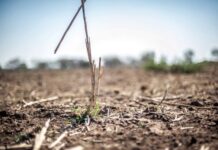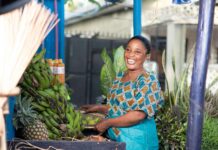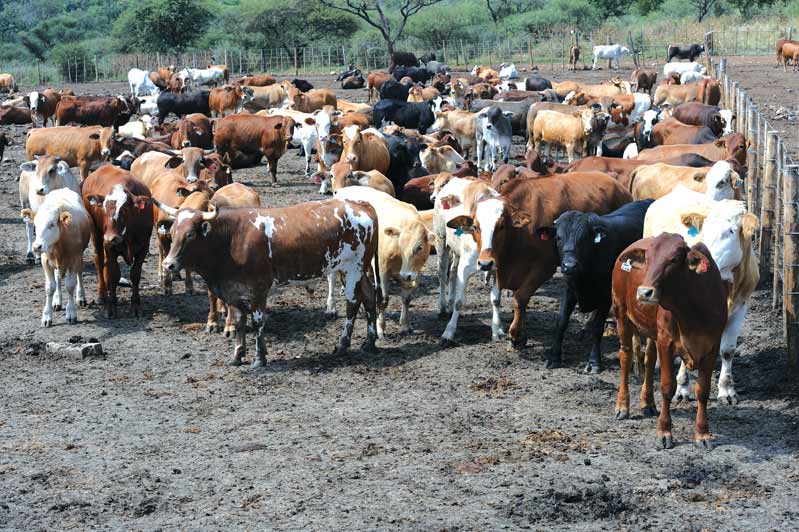Today, the number of people with diabetes is higher than it has ever been, with individuals developing the disease at younger ages and at higher rates. According to a study published by Global Health Action, the financial burden of type 2 Diabetes is projected to cost the South African public healthcare system ZAR 35.1 billion by 2030. But what can we change about this diagnosis?
Rising Prevalence of Diabetes
The amount of people with diabetes rose from 108 million in 1980 to 422 million in 2014, 8.5 percent of adults aged 18 years and older are being diagnosed with diabetes. In 2019, diabetes was the direct cause of 1.5 million deaths and 48 percent of all deaths due to diabetes occurred before the age of 70 years. Another 460,000 kidney disease deaths were caused by diabetes, and raised blood glucose causes around 20 percent of cardiovascular deaths.
Between 2000 and 2019, there was a 3 percent increase in diabetes mortality rates by age, causing an estimated 2 million deaths in 2019. Diabetes is a major lifestyle disease and a cause of blindness, kidney failure, heart attacks, stroke and lower limb amputation, having spread the most rampantly in low- and middle-income countries.
About 422 million people worldwide have diabetes and 1.5 million deaths are directly attributed to diabetes each year. Both the number of cases and the prevalence of diabetes have been steadily increasing over the past few decades.
Disease Management for Diabetes
Though it’s rapidly increasing in numbers worldwide, type-2 diabetes is a largely preventable and treatable non-communicable disease, and all so with diet.
Diabetes is a chronic, metabolic disease characterised by elevated levels of blood glucose (or blood sugar), which leads over time to serious damage to the heart, blood vessels, eyes, kidneys and nerves.
The most common is type 2 diabetes, usually in adults, which occurs when the body becomes resistant to insulin or doesn’t make enough insulin. In the past 3 decades the prevalence of type 2 diabetes has risen dramatically in countries of all income levels. Type 1 diabetes, once known as juvenile diabetes or insulin-dependent diabetes, is a chronic condition in which the pancreas produces little or no insulin by itself.
For people living with diabetes, access to affordable treatment, including insulin, is critical to their survival. There is a globally agreed-upon target to halt the rise in diabetes and obesity by 2025.
A healthy diet plays a key role in the management of diabetes.
A new study found that among a group of patients with type 2 diabetes, over a third were able to reverse their diagnosis by being treated with a low-fat, whole food, plant-predominant diet. This validates the anecdotal successes many plant-based doctors and dietitians have seen among their patients and builds on previous research showing that vegan diets out-perform conventional diabetes diet recommendations.2 The traditional medical approach to type 2 diabetes has almost exclusively focused on managing symptoms, rather than helping patients achieve remission.
In a 2003 study funded by the NIH, we determined that a plant-based diet controlled blood sugar three times more effectively than a traditional diabetes diet that limited calories and carbohydrates. Within weeks on a plant-based diet, participants saw dramatic health improvements. They lost weight, insulin sensitivity improved, and HbA1c levels dropped. In some cases. According to their reports you would never know they’d had the disease to begin with.
A plant-based diet is a powerful tool for preventing, managing, and even reversing type 2 diabetes.
Diabetes is increasingly becoming a public health concern in South Africa, with significant rises in healthcare costs as a cololarry.
Between 2015 and 2016 when direct and indirect costs were combined, the costs accrued to ZAR 27.9 billion (ZAR19 675 per patient) in 2015 and ZAR 29.9 billion (ZAR21 197 per patient) in 2016, representing 0.688 percent and 0.68 percent % of the SA gross domestic product over the 2 years, respectively.
Large numbers of diabetic individuals remain undiagnosed and the true costs of diabetes might even be higher.
In 2021, and in just 21 days, Western Cape premier Alan Winde, aged 56, managed to turn his 12-year history of type 2 diabetes around with the help of a wellness NPO in Cape Town.
The premier was challenged to participate in a supervised 21-day plant-based eating programme meant to help heal and reset his diabetic condition. Winde’s physician Dr Marina Klocke is said to be “astounded at the medical results”.
Winde said he was inspired and driven to share the plant-based outcomes with all those affected by lifestyle diseases to reduce suffering and to increase wellness. “That’s one down. Now for the next million,” he said.
A plant-based prescription is the clear solution to a type-2 diabetic condition and the most cost-effective solution to treating the illness.








